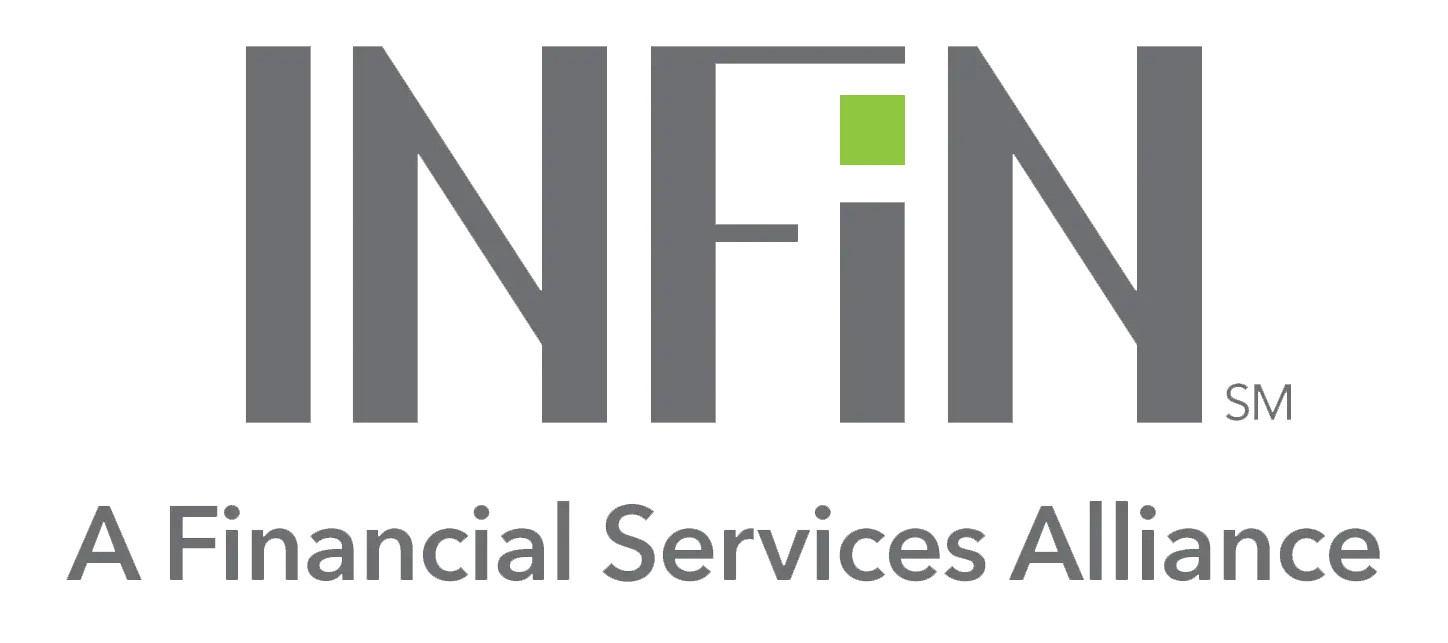Strategies for Paying Off Credit Card Bills

Credit cards are convenient financial tools that offer flexibility and purchasing power. However, if not managed responsibly, they can lead to a cycle of debt that is challenging to escape. Paying off credit card bills may seem daunting, especially if you’ve accumulated a substantial balance, but with the right strategies and determination, you can regain control of your finances and achieve a debt-free future. In this article, we’ll explore effective strategies to help you pay off your credit card bills.
Tips & Tricks
Create a Budget
The first step to paying off your credit card bills is to create a comprehensive budget. List all your sources of income and all your expenses. Be sure to include not only your minimum credit card payments but also your other monthly bills, such as rent or mortgage, utilities, groceries, and transportation. A budget will give you a clear picture of your financial situation and help you identify areas where you can cut expenses to allocate more funds towards debt repayment.
Make More than the Minimum Payment
While paying the minimum payment on your credit card each month is essential to avoid late fees and damage to your credit score, it won’t make significant progress in paying off your debt. Aim to pay more than the minimum amount due, even if it’s just a little extra. Every additional dollar you contribute goes towards reducing your principal balance.
Consider a Balance Transfer
If you have a high-interest credit card, consider transferring your balance to a card with a lower or 0% introductory APR on balance transfers. This can provide temporary relief from high-interest charges, giving you time to pay down the debt faster. However, be mindful of balance transfer fees and the new card’s regular interest rate after the introductory period ends.
Use Windfalls and Bonuses
Take advantage of any unexpected windfalls or financial bonuses you receive, such as tax refunds, work bonuses, or gifts. Allocate a significant portion of these funds towards your credit card debt. While it may be tempting to splurge, reducing your debt should take priority.
Cut Unnecessary Expenses
Review your budget and identify areas where you can cut unnecessary expenses. This may include dining out less frequently, canceling unused subscriptions, or finding more affordable alternatives for your daily expenses. Redirect the money saved towards your credit card payments.
Create a Debt Repayment Plan
Develop a clear debt repayment plan with specific goals and deadlines. Set achievable milestones to track your progress. Whether it’s paying off a certain percentage of your debt by a certain date or becoming debt-free within a specified timeframe, having a plan will keep you motivated and accountable.
Seek Professional Help
If you find it challenging to manage your credit card debt on your own, consider seeking help from a credit counseling agency or a financial advisor. They can provide guidance on debt consolidation, negotiation with creditors, and other strategies tailored to your unique situation.
All in all, paying off credit card bills requires discipline, determination, and a well-thought-out plan. By creating a budget, prioritizing high-interest debts, making more than the minimum payment, and exploring other strategies like balance transfers, you can work towards becoming debt-free and achieving financial freedom. Remember that progress may be gradual, but with consistent effort, you can regain control of your finances and build a more secure financial future.
Apply for a Line of Credit with Advance Financial!
If money is tight this year, Advance Financial has your back! Now, you can apply for a line of credit online or in any of our store locations with Advance Financial. We offer fast and friendly service, so you can get the funds you need right when needed. Get up to $4000 as soon as the same day you apply with a line of credit from Advance Financial! Apply online now!




